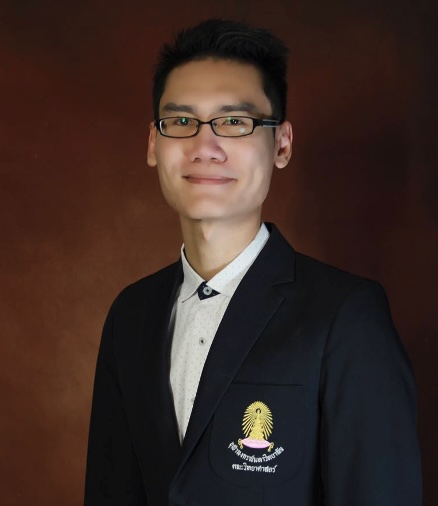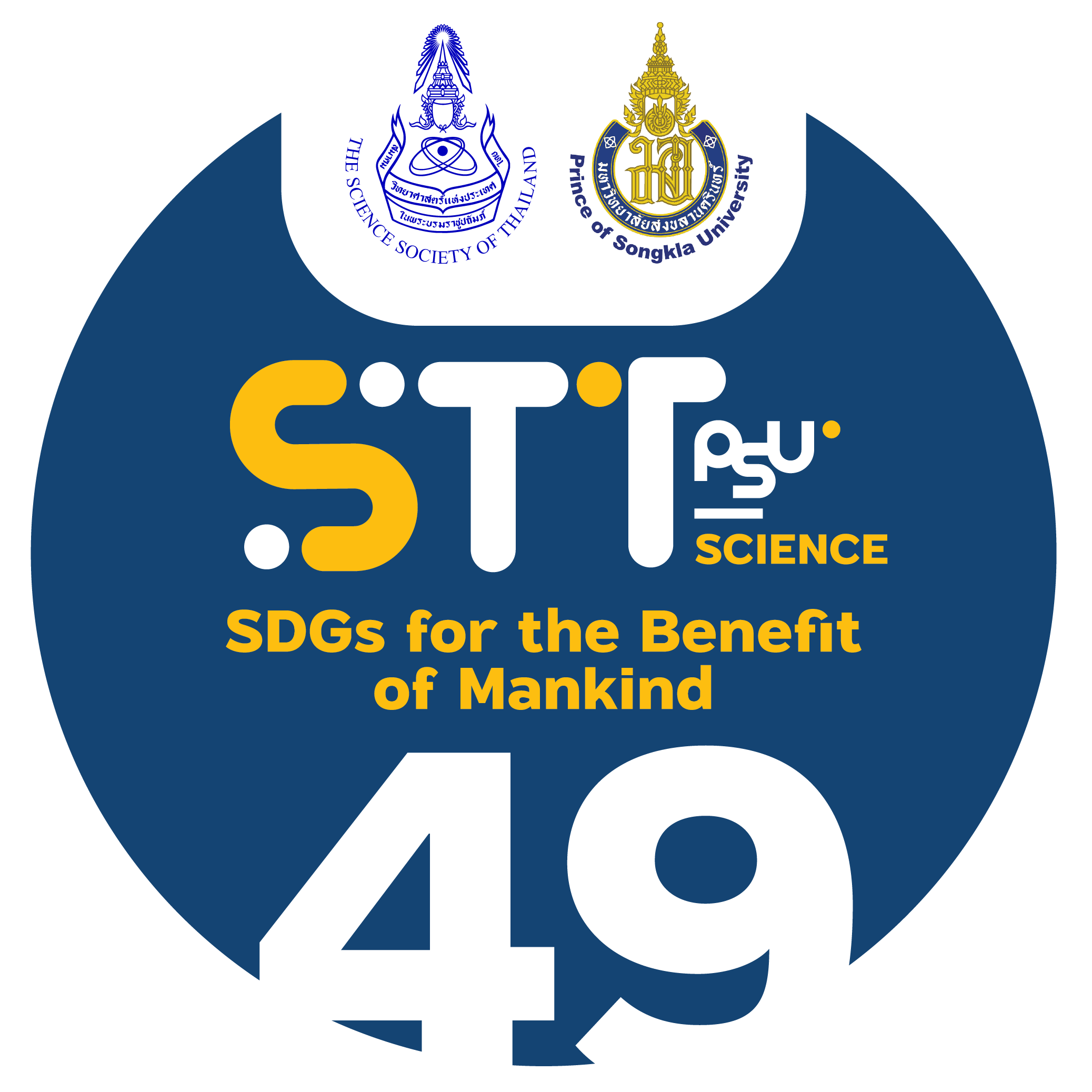Symposiums

SYMPOSIUM Sp1: Food Safety And Precision Agriculture
[ARTICLE SUBMISSION IS NOT AVAILABLE FOR THIS SYMPOSIUM]
Chair: Associate Professor Dr. Chongdee Buranachai
Co-Chair: Associate Professor Dr. Warakorn Limbut

SYMPOSIUM Sp2: Thai Traditional Medicine: From Traditional Use To Commercialization Rhodomyrtus Tomentosa (Aiton) Hassk And Mitragyna Speciosa (Korth) Havil
[POSTER PRESENTATION ONLY]
Chair: Professor Emer. Dr. Supayang Voravuthikunchai
Rhodomyrtus tomentosa (Aiton) Hassk
Rhodomyrtus tomentosa Thai pioneer research group has been publishing about 60 new findings in ISI database. Rhodomyrtone, a new antibiotic from R. tomentosa leaf extract presented extremely potent and broad Gram-positive antibacterial activity, which is comparable with last resort antibiotics in glycopeptide and lipopeptide groups.
This symposium is set up to highlight an alternative approach for prevention and treatment of drug-resistant bacteria as well as immune-related diseases with the aim to promote human and animal health and well-being and reduce the use of antibiotics and chemicals. The symposium will cover the following aspects in order to:
- Demonstrate our findings to a multitude of applications and prepare to extend our available prototypes to other uses including end-user problems.
- Display a roadmap to move a product from lab to commercialization including FDA.
- Provide solid information on this plant species for agricultural purposes.
Mitragyna speciosa (Korth) Havil
In Thailand, kratom (Mitragyna speciosa (Korth) Havil) has a long history of traditional use and has been recognized for its medicinal properties by folk healers. However, for many years it was classified as a prohibited substance under the Narcotics Act. In 2021, Thailand passed the updated Narcotics Act (No. 8) B.E. 2564 (2021), which removed kratom from the list of prohibited substances and allowed possession and consumption. On August 26, 2022, the Kratom Plant Act B.E. 2565 (2022) was published in the Royal Gazette and came into effect the following day. The Act regulates the trade, sale, consumption, study, and advertising of kratom leaves in Thailand.
This exhibition aims to highlight our research including upstream (cultivation), midstream (extraction), downstream (the development of medical grade products and results of preclinical studies on the properties of kratom as a substitute for detoxification and withdrawal symptom management of alcohol, morphine and methamphetamine) and regulation and policy of kratom in Thailand.

SYMPOSIUM Sp2-2: Thai Traditional Medicine: From Traditional Use To Commercialization Rhodomyrtus Tomentosa (Aiton) Hassk And Mitragyna Speciosa (Korth) Havil
[POSTER PRESENTATION ONLY]
Chair: Assistant Professor Dr. Somchai Sriwiriyajan
Co-Chair: Associate Professor Dr. Ekkasit Kumarnsit
Co-Chair: Assistant Professor Dr. Dania Cheaha
Mitragyna speciosa (Korth) Havil
In Thailand, kratom (Mitragyna speciosa (Korth) Havil) has a long history of traditional use and has been recognized for its medicinal properties by folk healers. However, for many years it was classified as a prohibited substance under the Narcotics Act. In 2021, Thailand passed the updated Narcotics Act (No. 8) B.E. 2564 (2021), which removed kratom from the list of prohibited substances and allowed possession and consumption. On August 26, 2022, the Kratom Plant Act B.E. 2565 (2022) was published in the Royal Gazette and came into effect the following day. The Act regulates the trade, sale, consumption, study, and advertising of kratom leaves in Thailand.
This exhibition aims to highlight our research including upstream (cultivation), midstream (extraction), downstream (the development of medical grade products and results of preclinical studies on the properties of kratom as a substitute for detoxification and withdrawal symptom management of alcohol, morphine and methamphetamine) and regulation and policy of kratom in Thailand.

SYMPOSIUM Sp3: Transforming Science Education In The Pandemic Era
[ORAL PRESENTATION ONLY]
Chair: Associate Professor Dr. Suttida Rakkapao
Co-Chair: Associate Professor Dr. Punnama Siriphannon
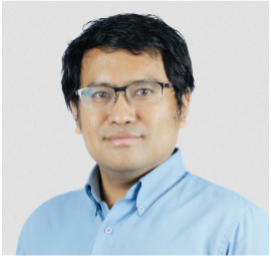
SYMPOSIUM Sp4: Energy For Thailand - For Tomorrow And Beyond
Chair: Assistant Professor Dr. Boonyarit Chatthong
Co-Chair: Assistant Professor Dr. Helmut Duerrast
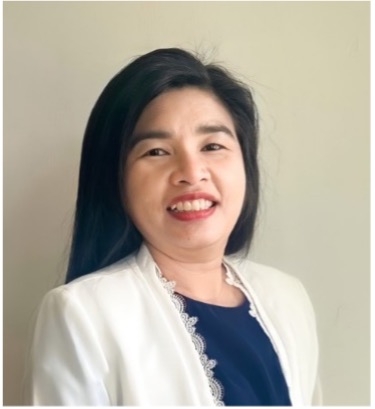
SYMPOSIUM Sp5: Environmentally Friendly Rubber And Its Future
Chair: Associate Professor Dr. Nitinart Saetung
Co-Chair: Associate Professor Dr. Ewipoo Kalkornsurapranee
Co-Chair: Assistant Professor Dr. Tulypong Tulyapitak
Co-Chair: Associate Professor Dr. Anoma Thitithammawong
Co-Chair: Associate Professor Dr. Skulrat Pichaiyut
1. Sustainable Rubber Production:
• Energy-efficient and resource-saving rubber processing techniques
• Novel approaches to eco-friendly cultivation methods
2. Alternative Rubber Materials:
• Innovations in bio-based and renewable rubber substitutes
3. Rubber Recycling and Waste Management:
• Advancements in rubber recycling technologies and processes
• Circular economy models for rubber waste management
4. Environmental Impact Assessment:
• Evaluating the ecological footprint of rubber cultivation and processing
5. Green Chemistry and Materials:
• Development of sustainable rubber additives and processing aids
• Eco-friendly formulations and compounding techniques
• Optimization of material properties for improved environmental performance
6. New value approach of natural rubber for applications
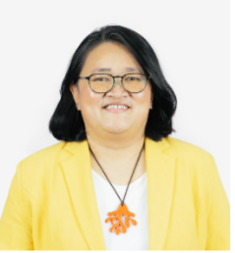
SYMPOSIUM Sp6: Impacts Of Climate Change On Biodiversity And Environment Including The Strategies To Tackle Such Issues
[ORAL PRESENTATION ONLY]
Chair: Professor Dr. Anchana Prathep
Co-Chair: Associate Professor Dr. Jaruwan Mayakun
Co-Chair: Dr. Milica Stankovic
Co-Chair: Dr. Ekkalak Rattanachot
1. Climate change and its impacts on the biodiversity and environment
2. Mitigation and adaptation strategies to combat climate change with specific interest to nature-based solutions
3. Restoration and conservation of environment and ecosystems
4. Sustainable management practices and strategies to ensure the long-term sustainability of ecosystems and livelihoods
5. Policy, governance, and stakeholder engagement towards biodiversity and climate change strategy coherence and considerations into decision-making processes
This symposium will explore how to better understand climate change and its impacts on fauna, flora, and microbiomes. It will also address how to better conserve, restore, and sustainably use resources for sustainable development and halting the loss of biodiversity and ecosystem services. Through this symposium, the shared knowledge and research will make contribution to reach the Sustainable Development Goals, in particular SDG 13, 14, and 15 and will link and mobilize scholars, experts, and members of governmental agencies and funding agencies.

SYMPOSIUM Sp7: Forensic Science: The Role Of Forensic Curricula In Supporting Forensic Professions And Creating Innovation
[ARTICLE SUBMISSION IS NOT AVAILABLE FOR THIS SYMPOSIUM]
Chair: Associate Professor Dr. Phuvadol Thanakiatkrai
Co-Chair: Associate Professor Dr. Thitika Kitpipit
Co-Chair: Assistant Professor Dr. Wongkot Phuphumirat
Co-Chair: Assistant Professor Dr. Apichai Phonchai
Firstly, we will delve into the key components of effective forensic curricula, exploring how they can equip professionals with the necessary tools to address the evolving challenges and demands of modern forensic science in accordance with the requirements of the Royal Decree. This discussion will be led by practitioners and academia who initiated and drafted the Royal Decree.
Secondly, we will examine how innovative research in forensic curricula can drive advancements in the field. By incorporating cutting-edge technologies, emerging forensic methodologies, and fostering interdisciplinary collaborations, we can push the boundaries of forensic science, paving the way for groundbreaking discoveries and improved investigative techniques. This workshop will adopt a multi-faceted approach involving stakeholders from various levels, including the National Research Council of Thailand (funding agency), Prince of Songkla University Science Park (supporter), and forensic practitioners (users and researchers).
Join us in this symposium to discuss the role of forensic curricula in supporting the forensic professions and fostering innovation. Engage in stimulating discussions, interactive workshops, and networking/matching sessions to gain insights, share experiences, and build connections with experts and peers in the field.
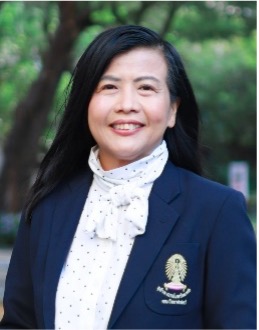
SYMPOSIUM Sp8: X-Ray Crystallography
Chair: Professor Dr. Nongnuj Muangsin
Co-Chair: Associate Professor Dr. Kuakarun Krusong
Co-Chair: Associate Professor Dr. Kittipong Chainok
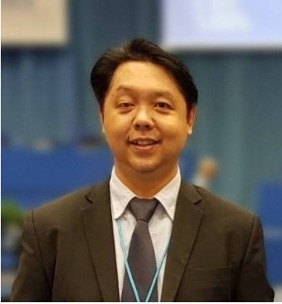
SYMPOSIUM Sp9: Radioecology And Environmental Radioactivity
Chair: Dr. Yutthana Tumnoi
Co-Chair: Dr. Wipada Ngansom
